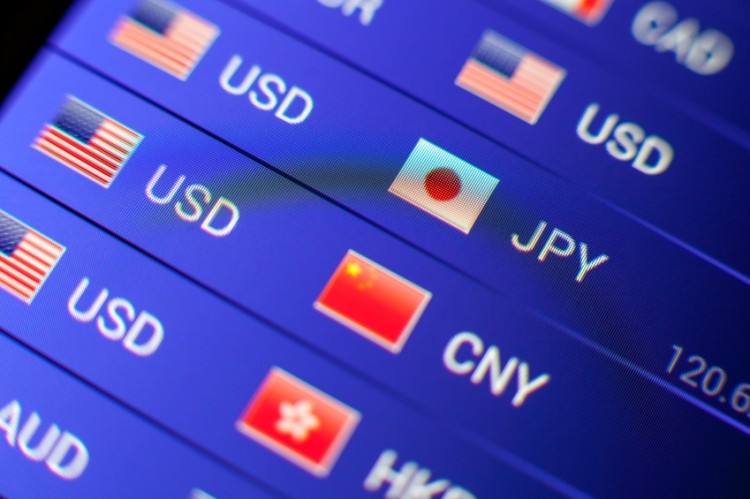Ongoing US lawsuit may add wrinkles to proposed Syngenta, ChemChina sale

The Basel based international agri-company announced in February that ChemChina had made an offer to acquire it. The agreement provides $465 per share along with a special dividend and keeps the company headquartered in Switzerland.
Syngenta’s management would continue to run the company, and ChemChina Chairman Ren Jianxin would become head of the board of directors, the company said. The proposed deal is still being examined by competition authorities in both the US and EU and the offer for shares has been extended to July 18.
However, the purchase offer also comes at a time when Syngenta is involved in an ongoing lawsuit in the US regarding the sale of genetically modified corn prior to approval in all foreign markets.
The lawsuit could influence the terms of the sale, purchase structure and future some future steps taken in the lawsuit, said Jennifer Carter-Johnson, assistant professor of law at Michigan State University.
“It will impact the litigation in some ways, but it wouldn’t stop the litigation,” she told FeedNavigator. “It will impact the strategy.”
Corn case details
The case against Syngenta was started in 2014 by Cargill and ADM alleging Syngenta’s sale of genetically modified corn seeds, MIR 162 or Viptera and Duracade, in the US led to millions in losses after China, which had not approved the corn variety, refused imports with the strain.
The litigation action subsequently widened to include corn producers, milo producers and non-producers.
Syngenta requested the lawsuit against it be thrown out, but, in September 2015, the case was allowed to move forward in the US District Court for the District of Kansas.
In November, the Swiss company brought a countersuit against members of the original lawsuit alleging the duty to isolate the corn fell to grain elevators, transporters and exporters but that case was dismissed this spring.
Lawsuit influence
The final structure of the deal, which looks at purchasing company stock, may be influenced by the lawsuit, said Carter-Johnson. “They’re negotiating that purchase agreement right now, and a lot of it will depend on the final details and what the resulting company looks like at that point,” she added.
“The thing they could have done was an asset purchase, rather than a stock purchase, which would have given them the most protection,” she said. “With a stock purchase, I would say keeping Syngenta as its own cooperate entity and a subsidiary, rather than doing a full merger with a goal that they can show it is its own company [makes sense.]”
It is possible that the Chinese company could eventually be named in the ongoing biotech corn lawsuit once the final details are made and as the purchase looks to be completed, she said. At that point, there could be a move by plaintiff attorneys to bring in ChemChina.
“More than likely they’ll try to bring them in to have more people to shoot darts at,” said Carter-Johnson. “Especially if the acquiring company made attempts to separate out some of the assets so there wouldn’t be such deep pockets if Syngenta loses.”
It also is possible that the lawsuit could have supported some interest in the sale, she said. “ [However,] the ag industry is so prone to consolidation right now that it seems that it is another step that was probably going to happen regardless,” she added.
Additionally, there is a possibility that the new owners could seek to settle the lawsuit once the purchase is completed, she said.
“Whether you litigate or settle, from a business perspective, is almost always a question of money,” she said. “Will it cost more to litigate? Will it cost more to settle? And, if you lose this, will it change the way you do business?”










